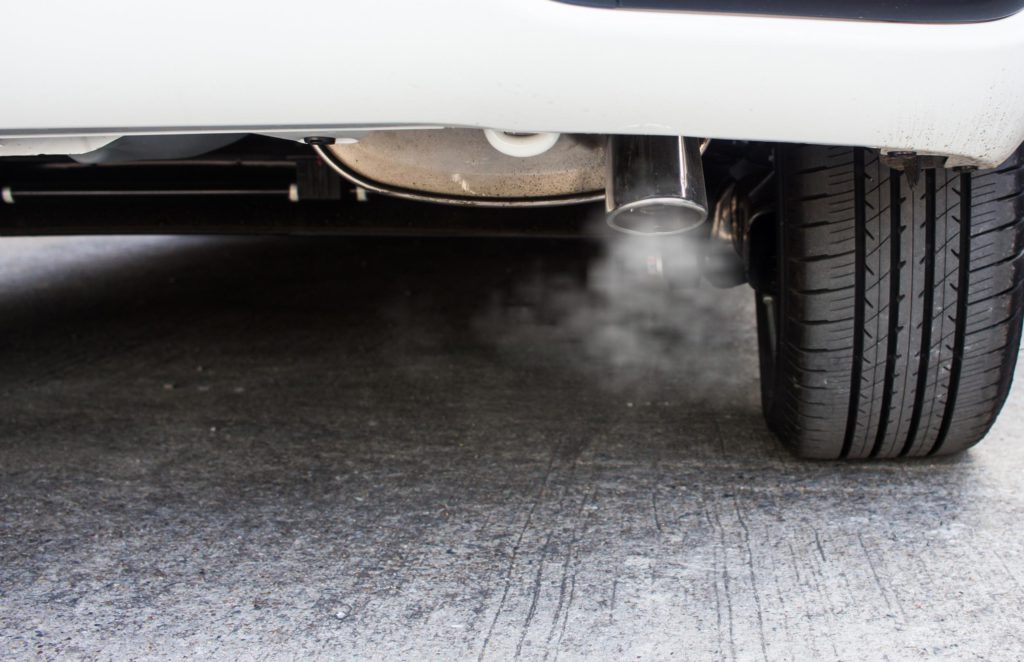Death of diesel and SUV uptake could see large CO2 penalties for manufacturers
22 September 2017

22 September 2017
Car manufacturers are heading for large fines as they are set to fail legally mandated CO2 targets of 95 grams per kilometre, which could lead to large fines being handed out.
Volkswagen (VW), BMW and Fiat Chrysler (FCA) are among the groups facing fines in excess of €1 billion due to missing the strict targets, partially due to the collapse of the diesel market after the VW scandal of 2015, and the increase in sales of SUV models, which emit higher emissions than smaller city car or hatchback vehicles.
Of 11 vehicle manufacturers, seven are in danger of missing the targets. Toyota and the Renault Nissan Alliance, both of whom have a range of electric vehicles (EVs), Jaguar Land Rover and Volvo, which has announced it is to end the sale of pure petrol and diesel vehicles from 2019, are on track to meet the regulated CO2 amounts, according to forecasts by PA Consulting.
Those that miss their targets face a fine of €95 for every gram of CO2 above the limit, multiplied by the number of cars they sell in 2020. The consultancy firm believes this would leave BMW facing a penalty of €700 million, with VW looking at a total of €1.7 billion. Opel / PSA would receive a fine of €700 million, BMW with €600 million, Ford €350 and Daimler €200 million.
Each company has its own internal target, which takes into account the types of vehicles sold, meaning that a company with smaller average vehicles will face more stringent targets than a group focused mainly on large cars.
Under the current system, carmakers also receive ′super-credits’ for every fully electric car they sell, allowing them to offset the impact of more polluting vehicles.
Manufacturers have been relying on the sales of diesel vehicles to meet the targets, as they emit around a fifth less CO2 than their petrol equivalents. However, since the VW scandal in 2015, markets around the world have seen sales of the technology drop. Diesel’s market share in Europe has fallen from 52% in October 2015 to 45% in May 2017. As a result of the shift, some of Europe’s biggest carmakers are less likely to hit their targets than a year ago, the report claims, because a higher percentage of their fleet will be powered by petrol.
In addition, the increase in the popularity of SUV models, which are heavier and traditionally have larger engines, means fleet CO2 levels have continued to increase. Manufacturers were hoping to meet targets by introducing smaller city cars, such as VW’s Up! model. The diesel scandal also caught a number of car makers off guard, with some German manufacturers lagging behind in the development of EVs which would give them super credits towards the target.
BMW chief executive Harald Krueger told the Financial Times newspaper that diesel was required by the company to hit its 2021 targets. ′It’s getting more challenging because the reduction in diesel needs to be compensated,’ he said at the IAA Frankfurt Motor Show. ′But we need diesel to fulfil the targets. That’s very clear,’ he added.